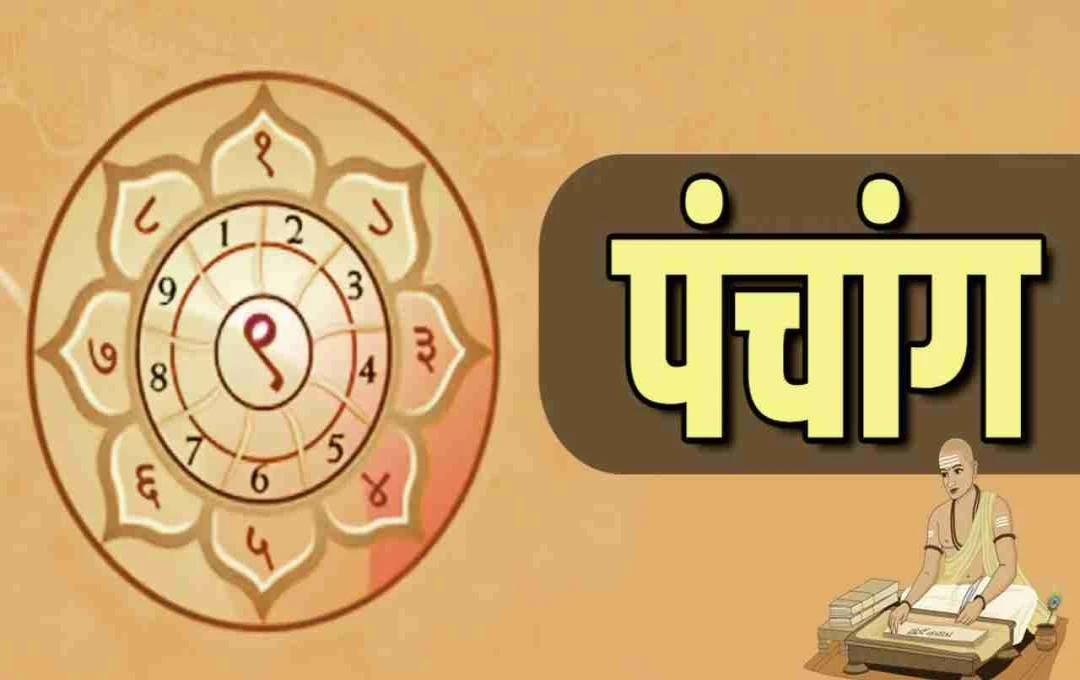The narrator said: O esteemed sages, now I shall recount the next tale. In ages past, there was a wise king named Ulkamukh. He was truthful and self-controlled. Every day, he visited holy places and relieved the poor of their suffering by giving them wealth. His wife was as beautiful as a lotus flower and a virtuous woman. On the banks of the Bhadrashīla river, they observed a vow dedicated to Lord Satyānārāyaṇa. At that time, a merchant named Sadhu arrived. He possessed considerable wealth for trade. Seeing the king performing the vow, he respectfully inquired, "O King! What are you undertaking with such devotion? If you permit, I would like to know about it."
The king replied:
O best sages, now I shall recount the next tale. In ages past, there was a wise king named Ulkamukh. He was truthful and self-controlled. Every day, he visited holy places and relieved the poor of their suffering by giving them wealth.
O Sadhu! I am performing a sacred vow and worship to the all-powerful Lord Satyānārāyaṇa, seeking the attainment of sons and other loved ones. Upon hearing the king's words, the Sadhu respectfully said, "O King! Please describe this vow in full. I shall also undertake this vow, as I too desire a child. Through this sacred practice, I am certain that I will obtain a child." The Sadhu, having listened to the complete description of the vow from the king and renouncing his trade, returned to his home.
The merchant, Sadhu, recounted the vow to his wife, promising to perform it once he had a child. Sadhu informed his wife, Līlāvatī, of the vow. One day, filled with joy, she diligently observed the worldly customs, and through the grace of Lord Satyānārāyaṇa, became pregnant. In the tenth month, a beautiful daughter was born to her. She flourished like the waxing moon. Her parents named her Kalāvatī.
One day, Līlāvatī gently reminded her husband that it was time for him to perform the vow to Lord Satyānārāyaṇa, which he had vowed to undertake. The Sadhu replied, "My dear one! I will perform this vow on the occasion of her marriage." Giving such assurance, he left for the city. Kalāvatī grew up in her father's home. One day, the Sadhu, upon seeing his daughter with her companions in the city, summoned a messenger and instructed him to find a suitable groom for his daughter. The messenger, upon reaching Kanchannagar, located a suitable merchant's son and brought him back. After seeing the worthy groom, the Sadhu invited his friends and relatives and performed his daughter's marriage. Sadly, Sadhu had still not performed the vow to Lord Satyānārāyaṇa.
At this, Lord Satyānārāyaṇa became displeased and cursed the Sadhu, decreeing that he would suffer greatly. The skilled merchant, Sadhu, accompanied by his son-in-law, journeyed to Ratnasarapur, a city near the sea. There, the father-in-law and son-in-law established their trade in the city of King Candrakētu.
One day, a thief, empowered by the illusion of Lord Satyānārāyaṇa, stole wealth from the king and fled. Seeing the king's guards pursuing him, the thief deposited the stolen wealth where the Sadhu and his son-in-law were staying. The king's guards discovered the king's treasure with the Sadhu and his son-in-law and bound them, taking them to the king. They declared that they had apprehended the thieves and requested the king's instructions regarding the next course of action.
By the king's command, they were imprisoned and stripped of their possessions. Sadhu's wife, afflicted by the curse of Lord Satyānārāyaṇa, also suffered greatly. The thieves had stolen their household wealth. Overwhelmed by physical and mental anguish, and hunger, Kalāvatī went to a Brahmin's house in search of food. There, she witnessed the observance of a vow to Lord Satyānārāyaṇa and heard the narration of the story. She partook of the prasad and returned home that night. Her mother questioned her whereabouts and her state of mind.
Kalāvatī told her mother, "Mother, I saw a Brahmin performing a vow to Lord Satyānārāyaṇa." Hearing her daughter's words, Līlāvatī began preparations for worshiping the Lord. Līlāvatī, along with her family and relatives, worshiped Lord Satyānārāyaṇa and requested his blessings for the safe return of her husband and son-in-law. She also prayed for forgiveness for their transgressions. Lord Satyānārāyaṇa, pleased by this act, appeared in a dream to King Candrakētu and said: "O King, release those two merchants, and return the wealth you took from them. If you do not, I will destroy your wealth, kingdom, and progeny." The king was spoken to by Lord Satyānārāyaṇa and then vanished.
In the morning, the king recounted his dream to the assembly and ordered that the merchant couple be brought before him. Upon their arrival, they prostrated before the king. The king spoke in a gentle tone: "Esteemed ones! By fate, you have endured great hardship; but now, fear not." The king had the merchants adorned with new clothes and jewelry and returned double the amount of wealth he had taken. The two merchants left for their homes.
Thus concludes the third chapter of the story of the Satyānārāyaṇa Vrata.
Glory to Lord Nārāyaṇa!
O mind, adore Lord Nārāyaṇa!
Victory to Lord Satyānārāyaṇa!








